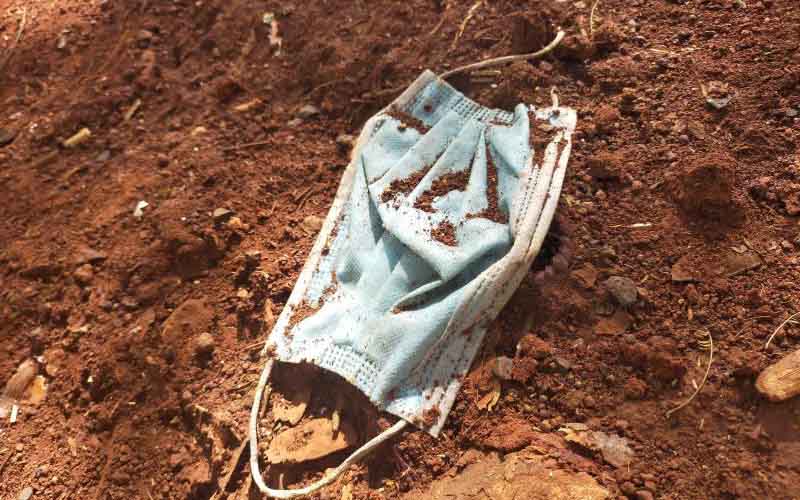
They are easy to access, part of fashion and comfort. They are meant to offer protection against Covid-19. But they are also likely to be the next big thing...in terms of destruction.
It is estimated that 75 per cent of the used face masks will not be properly disposed of. They are hence more likely to contaminate the environment.
This is the other crisis the Covid-19 pandemic is accompanying itself with.
Facts First
Unlock bold, fearless reporting, exclusive stories, investigations, and in-depth analysis with The Standard INSiDER subscription.
Already have an account? Login
 The Standard Group Plc is a multi-media organization with investments in media
platforms spanning newspaper print
operations, television, radio broadcasting, digital and online services. The
Standard Group is recognized as a
leading multi-media house in Kenya with a key influence in matters of national
and international interest.
The Standard Group Plc is a multi-media organization with investments in media
platforms spanning newspaper print
operations, television, radio broadcasting, digital and online services. The
Standard Group is recognized as a
leading multi-media house in Kenya with a key influence in matters of national
and international interest.











